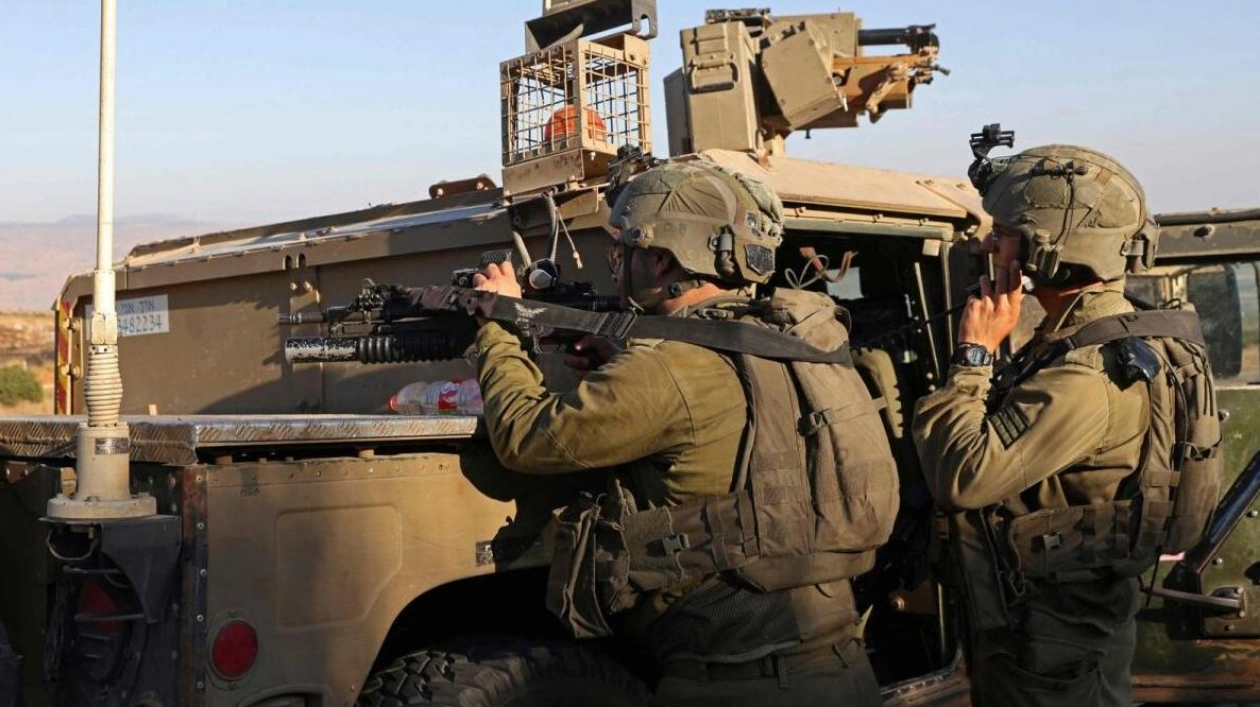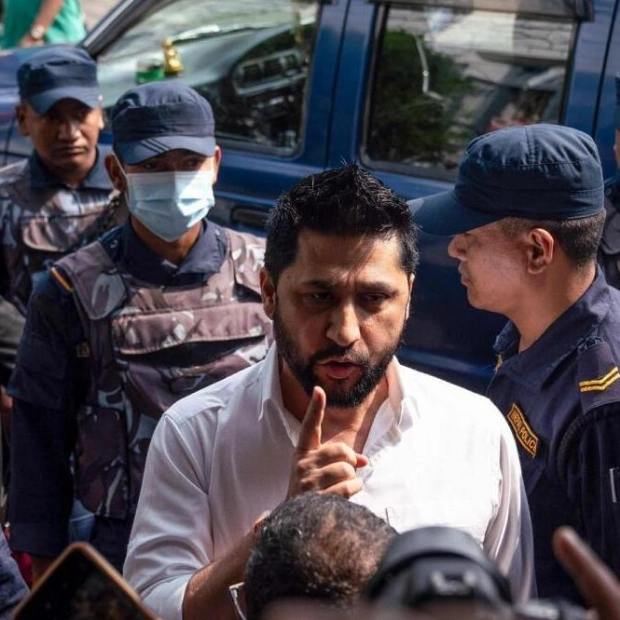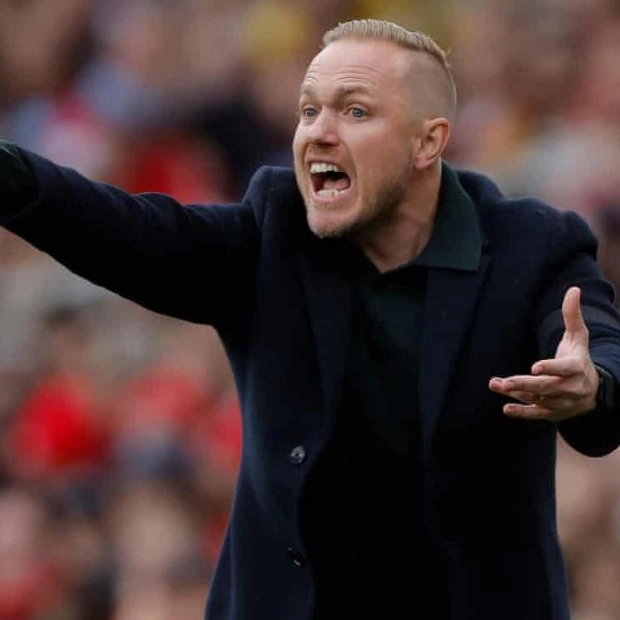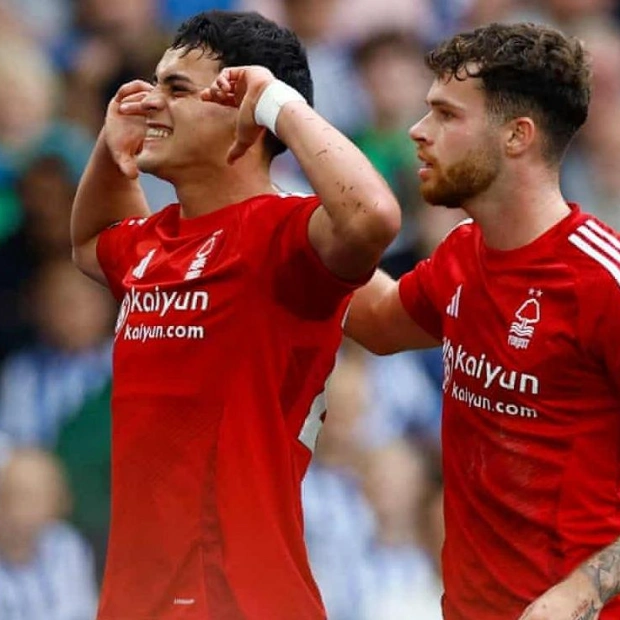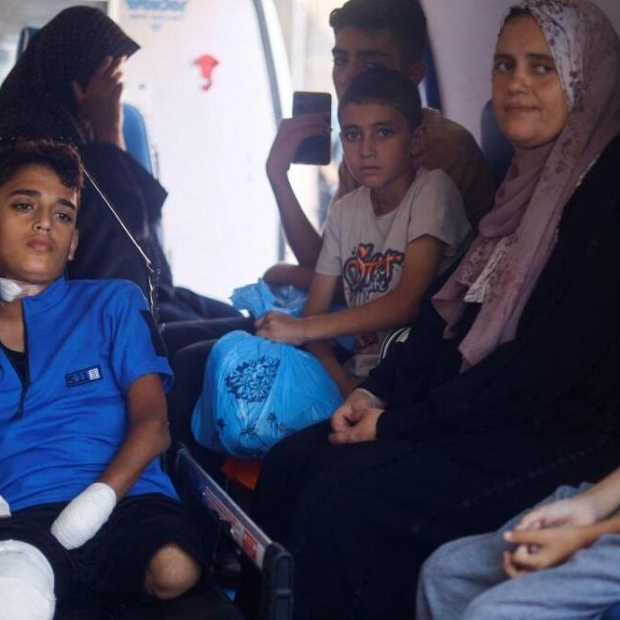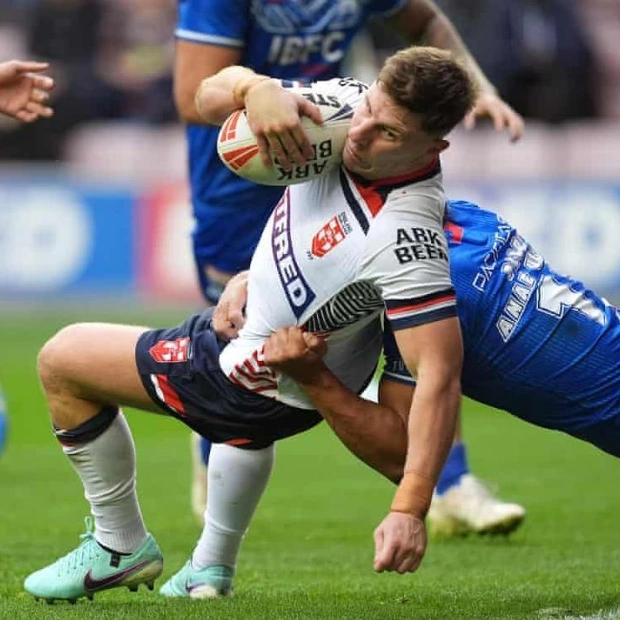Israel and Hezbollah engaged in intense exchanges of fire throughout Sunday, with Israeli warplanes conducting the most extensive bombardment in nearly a year across southern Lebanon, while Hezbollah launched rockets into northern Israel.
The Israeli military reported striking approximately 290 targets on Saturday, including thousands of Hezbollah rocket launchers, and stated its intention to continue targeting additional sites. In response to the escalating conflict, Israel closed schools and imposed restrictions on gatherings in numerous northern areas, instructing hospitals to transfer operations to facilities better protected against rocket and missile attacks.
The recent surge in hostilities marks the opening of a second front with Hezbollah, following Israel's conflict with Hamas in the Gaza Strip, which was ignited by the October 7 attacks on Israel. Throughout the night, sirens blared across Israel as multiple rockets and missiles were fired from Lebanon and Iraq, most of which were intercepted by Israeli aerial defense systems, according to the military.
Several buildings were hit, including a house severely damaged near the city of Haifa. Rescue teams attended to the wounded, though no fatalities were reported. Residents were advised to remain close to bomb shelters and safe rooms. Hezbollah claimed to have targeted the Israeli Ramat David Airbase with successive missile barrages, marking its deepest strikes since the hostilities began.
An official from the Islamic Resistance in Iraq, a coalition of Iran-backed armed factions, announced the launch of cruise missile and explosive drone attacks against Israel at dawn on Sunday, describing it as part of a "new phase in our support front" with Lebanon. "Escalation in Lebanon means escalation from Iraq," the official stated, raising concerns that the conflicts in Gaza and Lebanon could spread throughout the region.
The escalating attacks occurred less than 48 hours after an Israeli airstrike targeting Hezbollah commanders in a suburb of the Lebanese capital. The death toll from that strike had risen to 45, according to the Lebanese health ministry on Sunday. Hezbollah confirmed that 16 of its members, including senior leader Ibrahim Aqil and another commander, Ahmed Wahbi, were among those killed in the deadliest strike in nearly a year of conflict with Israel.
